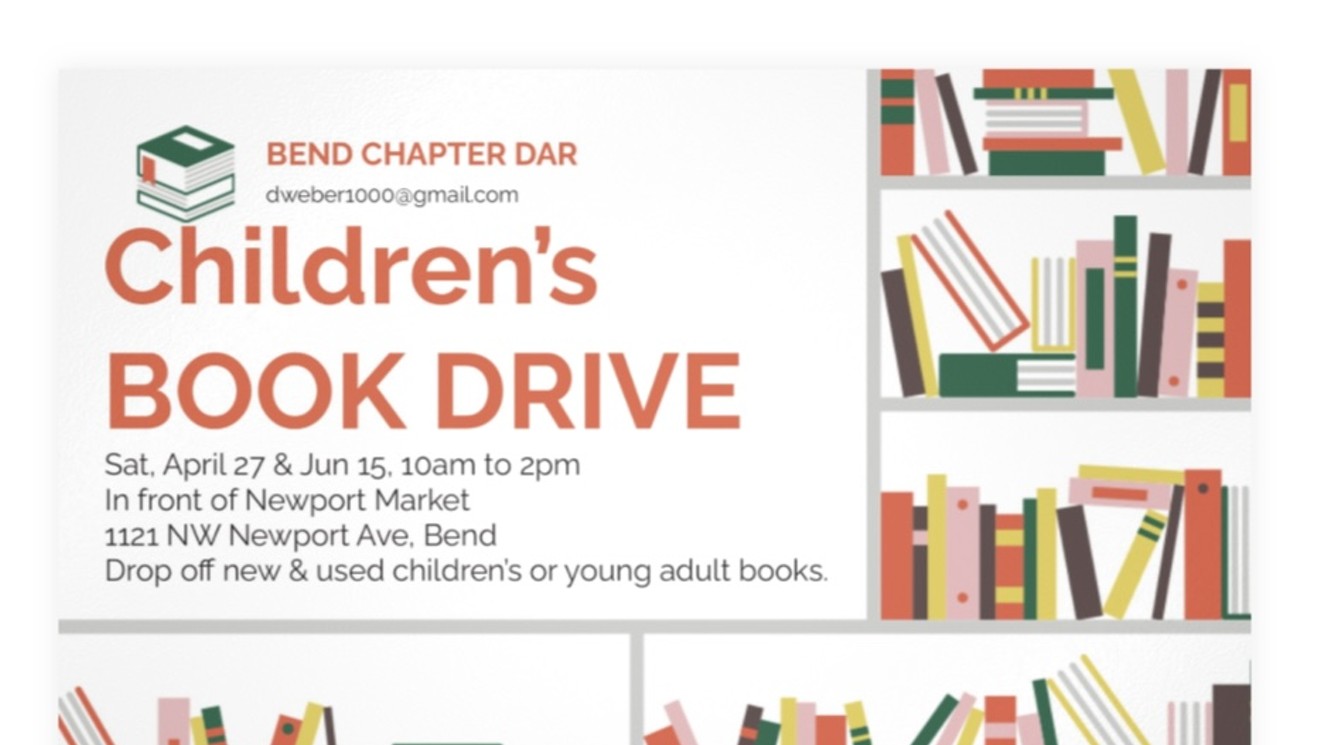A new parent's journey is filled with decisions, one of the most significant being how to nurture and nourish their newborn. The age-old breastfeeding-versus-bottle feeding debate is a complex and emotional topic with advocates and skeptics on each side.
Kathryn Jonas, an International Board-Certified Lactation Consultant at Cascade Lactation, helps new moms navigate their baby-feeding questions and concerns while supporting them on their own personal journey.
As an IBCLC, Kathryn Jonas emphasizes the importance of supporting parents in achieving their feeding goals, whether that involves breastfeeding, bottle feeding or a combination of both. "A big part of my job is to help breastfeeding parents reach their feeding goals. Many times, that goal eventually includes bottle feeding," explains Jonas. "I am also here to help any family who is struggling to find the best way to feed their infant, no matter the manner."
Jonas highlights that lactation consultants are not only trained to assist with breastfeeding but are also well-versed in bottle feeding practices, including the use of formula, hygiene and addressing potential challenges.
When choosing how you want to feed the newest member of your family, understanding the benefits and challenges of breastfeeding and bottle feeding along with gathering helpful educational information, tips and tricks from professionals like Jonas is a good way to find a path forward that works best for your family's individual situation.
Benefits and Challenges of Breastfeeding
Breastfeeding offers new moms and their babies a variety of advantages, including:
Nutritional Excellence: Breast milk is tailored to meet infant needs with essential nutrients, antibodies and enzymes.
Immune System Support: Breast milk enhances the baby's immune system through the mother's antibodies present.
Emotional Bonding: It fosters a strong emotional connection between mother and baby.
Convenience: Breast milk is readily available anytime at the right temperature.
Disease Risk Reduction: It is linked to lower risks for diseases in both mother and baby.
Cost-Effective: It eliminates costs associated with bottle and formula feeding.
Jonas notes, "Breastfeeding is a learned skill, often considered a 'social skill' acquired by observing other women." However, she explains, "In today's society, we often don't get to see women openly and proudly feed their babes. So ... this is not the instinctive skill many of us are led to believe it is."
Some challenges new moms face when breastfeeding include:
Time-Intensive: Demands increase, especially in the early days with frequent feedings.
Discomfort: Mothers may experience nipple soreness and breast engorgement.
Feeding Duties: Feeding responsibilities rest solely on the mom.
Dietary Restrictions: Certain substances like caffeine or alcohol can negatively affect the baby via breast milk.
Public Perception: Breastfeeding mothers in public may face societal stigma.
Return to Work Challenges: Balancing work and breastfeeding poses difficulties with pumping and storing breast milk.
Benefits and Challenges of Bottle Feeding
Jonas recognizes the place for both breastfeeding and bottle feeding in a nursing mom's life. "Having the option to offer a bottle can be a great bonding opportunity with baby. Not to mention, it can help the transition if the breastfeeding parent will eventually head back to work," she explains.
Additional benefits bottle feeding offers include flexibility and the chance for various individuals to share feeding responsibilities. It also provides a predictable schedule and easier monitoring of the baby's milk intake, particularly beneficial for working mothers or those seeking a routine.
It is important to note that introducing a bottle too early may pose challenges, and Jonas suggests waiting until good breastfeeding habits are established early on, when possible.
For mothers who may feel guilty about considering bottle feeding, Jonas says, "There is nothing to feel guilty about. I see many families opt for combo feeding for a variety of reasons. Trust me, once you let go of the expectation of how feeding your baby should look, many families find that they can relax and enjoy their baby more fully."
Advice for Struggling New Moms
To new moms struggling with breastfeeding, Jonas provides words of encouragement: "Remember to be kind to yourself. There is no right way to feed your baby. What works for you and your family is the right way." Seeking resources and assistance from a lactation consultant can help address challenges and provide valuable support.
Common Challenges and Quick Tips:
Jonas shares practical tips for common challenges faced by new nursing moms:
Engorgement or Clogged Ducts: Breast Gymnastics, a concept coined by Maya Bolman, involves moving the breast often and frequently to prevent stagnation, ease latching, facilitate let-downs and reduce pain.
Painful Latch: Jonas encourages mothers not to endure a painful nursing session. If the latch is painful, break it and try again. Persistent pain should prompt a consultation with a lactation consultant for further assistance.
Bodywork for Infants: Surprisingly effective, bodywork for infants can help with tension and help facilitate latching. Jonas recommends seeking credentialed and licensed providers.























